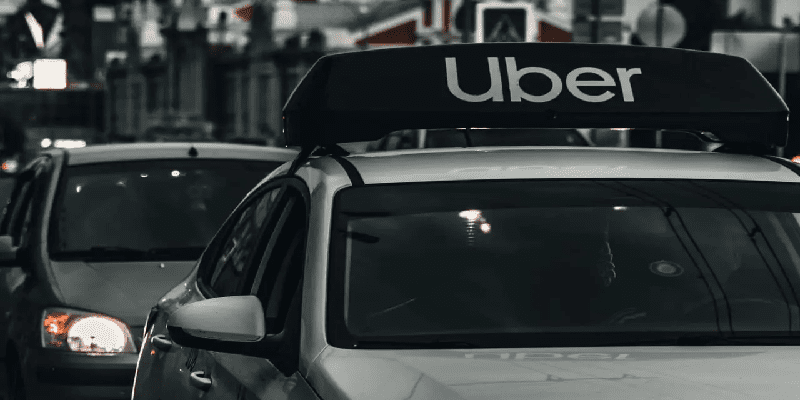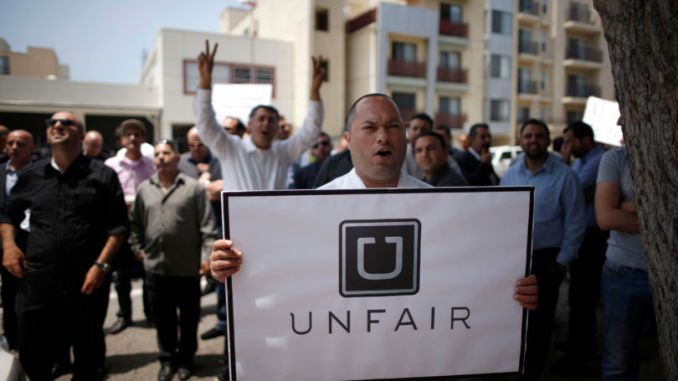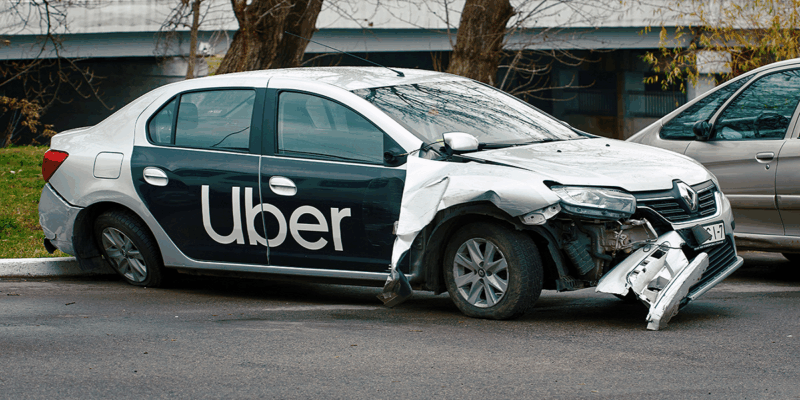Uber’s service quality in South Africa appears to have declined significantly, with customers reporting issues like reckless driving, inflated fares, poorly maintained vehicles, and frequent trip cancellations. This marks a stark contrast to its initial positive reception after launching in 2013.
Passengers have reported reckless driving incidents, including being left by the roadside and a hit-and-run where the driver fled the scene without assisting the injured pedestrian. Multiple users also reported unreturned lost items and a lack of response from the company.
The company recorded 25 one-star reviews on HelloPeter, a customer feedback platform, in the past week. Common complaints include poor customer service, reckless or disrespectful drivers, and unexpectedly high fares attributed to driver errors. Users said their delivery fare nearly tripled due to such errors.
Uber stated that it has teams dedicated to investigating and resolving complaints. It is also said it was investing in driver education and safety features, and encourages users to report issues directly through the app.

New regulations aim to improve safety and accountability
South Africa implemented new ride-hailing regulations on September 12, 2025, through an amendment of the National Land Transport Act. The new regulations address loopholes created by services like Uber and Bolt.
The new regulations mandate operating licenses for all e-hailing drivers. Provincial Regulatory Entity offices will vet applications, and approved licenses will define permitted pick-up and drop-off areas. For instance, a driver licensed in Tshwane must return to Tshwane after a trip to another province like Limpopo; they cannot solicit further passengers in other provinces.
Regulations mandate that vehicles display the company name and include panic buttons for both drivers and passengers, with the installation of these buttons being the responsibility of the vehicle owners. The Department of Transport has stated that these panic buttons will facilitate crime detection and enable swift responses from authorities.
Also read: South African Uber, Bolt drivers will no longer be free to operate across the country
Ride-hailing companies face fines of up to R100,000 or two years’ imprisonment for using unlicensed drivers. Uber, Bolt, inDrive, and similar companies must also adhere to company laws under the Department of Trade, Industry, and Competition and the South African Revenue Service. Commuters should verify vehicle and driver information before commencing their ride.
New regulations improve ride-hailing safety and reliability by addressing driver behaviour, vehicle quality, and passenger protection.
Impact on Uber and passengers
Mounting customer complaints and stricter regulations are pressuring Uber to improve its South African operations by ensuring safer, more reliable services through better driver training, vehicle standards, and fare accuracy.


The new regulations mandate licensed drivers, roadworthy vehicles, and adherence to jurisdictional limits for every trip. This will potentially increase Uber’s operational costs and require stricter driver and trip oversight. These measures aim to enhance passenger safety and build trust in ride-hailing services.
South African commuters will experience safer, more accountable transportation thanks to panic buttons for faster emergency response, licensed drivers, and branded vehicles for easy identification of official services.
Failure to meet these requirements could result in fines, business loss, and reputational damage for Uber, as the new regulations mandate stricter safety and legal compliance.
What this means for the e-hailing industry
South Africa’s e-hailing market faces challenges balancing rapid growth with quality and safety. Increased regulatory oversight now provides passengers with legal protections.
Ride-hailing companies like Uber must enhance their monitoring, reporting, and training programs. They must also ensure vehicle safety, driver licensing, and prompt complaint resolution to maintain legal compliance and operate in the country.
The new environment prioritises passenger service and company accountability. Passengers gain safer rides, transparent fares, and enhanced driver communication. Regulators focus on preventing accidents, theft, and unsafe driving, with non-compliant companies risking user loss or penalties.


Increased customer complaints and stricter regulatory enforcement are putting Uber in South Africa under pressure. New regulations require drivers to have operating licenses, vehicles to be roadworthy with panic buttons, and trips to adhere to jurisdictional boundaries. Customers are advised to verify vehicle and driver information before commencing rides.
These changes enhance ride-hailing safety and reliability. Uber must improve driver behaviour, vehicle standards, and operations to comply with the law and maintain customer trust. Passengers benefit from stronger protections, and the industry is moving towards greater accountability and safety.








